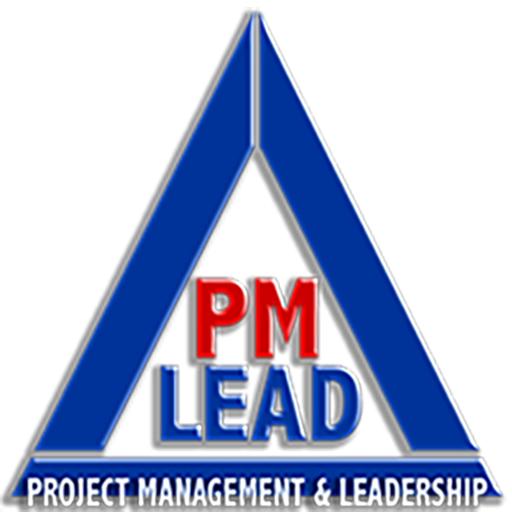Developing Positive Relationships

Create, maintain, and nurture positive relationships
Maintaining High Standards Of Personal Behavior, by: maintaining high standards of personal beliefs; behaving with integrity and fairness; behaving ethically; showing respect and sensitivity for the views of others; ensuring that all relevant people are kept informed of plans, decisions, and progress; pro-actively seeking positive relationships; accepting criticism and feedback positively. The rationale is that the leader must aspire to be a role model for high standards of personal behavior, be ethical, be honest, be genuine, so that they are ultimately trusted by colleagues and stakeholders. Even if the leader is required to carry out actions that have an unpalatable impact, such as when redundancies are necessary, the aim is to carry out such actions in as honest, open, and sympathetic manner as possible, so that observers, even those most negatively affected, will not be able to accuse the leader of unacceptable personal behavior.
Establishing Supportive Communication Systems, by: establishing training programs that develop individual and team communication skills; establishing systems that support collaboration and cooperation between internal and external individuals and groups; implementing information management systems that ensure key information reaches appropriate people in a timely manner; encouraging consultative and participative decision making at all levels. Systems and approaches described here are essential foundation blocks on which positive relationships can be built and developed. Without this underlying framework in place, information will be dissipated and misinterpreted, decisions will be based on inadequate information, and relationships will deteriorate.
Promoting Values and Standards, by: consulting with specialists, individuals, teams, and legislative bodies, to identify and establish appropriate values and standards for the organization; providing guidance on values and standards that is understood at all levels; ensuring that all external partners are made aware of the organizations values and standards; implementing policies and procedures that manage, monitor, and improve the quality of values and standards, at all levels; taking prompt and visible action when established values and standards have not been maintained. The objective here is to ensure that all working relationships are built and developed against a background of known values and standards, and that all parties are made aware that the quality of internal and external relationships is an important aspect of the organizations approach to these.
Gaining The Trust of Colleagues, by: consulting with colleagues in an open and honest manner; keeping colleagues appropriately informed about decisions, plans, actions, and progress; providing colleagues with sufficient personal support; honoring commitments made to colleagues; treating colleagues with respect and with appropriate confidentiality. Leaders should work with colleagues in a way which demonstrates the leaders commitment to the values and standards of the organization, and in a manner which demonstrates to colleagues that they have the respect and support of their leader. This is vital in enabling the leader to draw the best performance from colleagues, and for those colleagues to achieve their personal performance targets.
Gaining The Trust Of External Stakeholders, by: striving to understand the viewpoint and the objectives of the stakeholder; consulting with stakeholders in an open and honest manner; keeping stakeholders appropriately informed about the organizations’ decisions, plans, actions, and progress; demonstrating personal commitment to agreements and arrangements; honoring commitments made to stakeholders; treating stakeholders with respect and with appropriate confidentiality. The aim here is to behave with stakeholder in an honest, open, and positive manner. For the relationship between the organization and the stakeholder to be successful, there must be mutual understanding, mutual respect, and a desire to develop a relationship that is beneficial to both parties. This is essential in all external relationships, and particularly critical when the relationship is intended to be long term.
Evaluate Relationship Performance, by: laying down clear quality criteria for the assessment of the condition of relationships; establishing monitoring procedures which include scheduled evaluation review points; insisting that evaluation reviews are carried out even though the relationship appears to be healthy; taking appropriate corrective action to address problems; adopting a continuous improvement approach to all internal and external relationships; ensuring that the quality of relationships is high on the quality assurance agenda of the organization. Regular and thorough assessments of the condition of relationships is vital. Without these evaluations, and appropriate corrective action, many relationships will deteriorate. Some will linger in a poor condition, causing a constant flow of minor difficulties, some will implode and cause major problems. These problems can be avoided by a regular health-check on each set of relationships followed by appropriate action.
In Summary: just as the organizations leaders must maintain, develop, and continuously improve the quality of its physical resources, its marketing performance, its financial health, and so on, the leaders must also take the same approach to working relationships between themselves and others, and between all other internal and external partners in the organization. For the organization to achieve its operational targets and strategic objectives, it is essential that all working relationships are healthy and productive and continuously improving. The leaders of the organization must ensure that this is the case.

